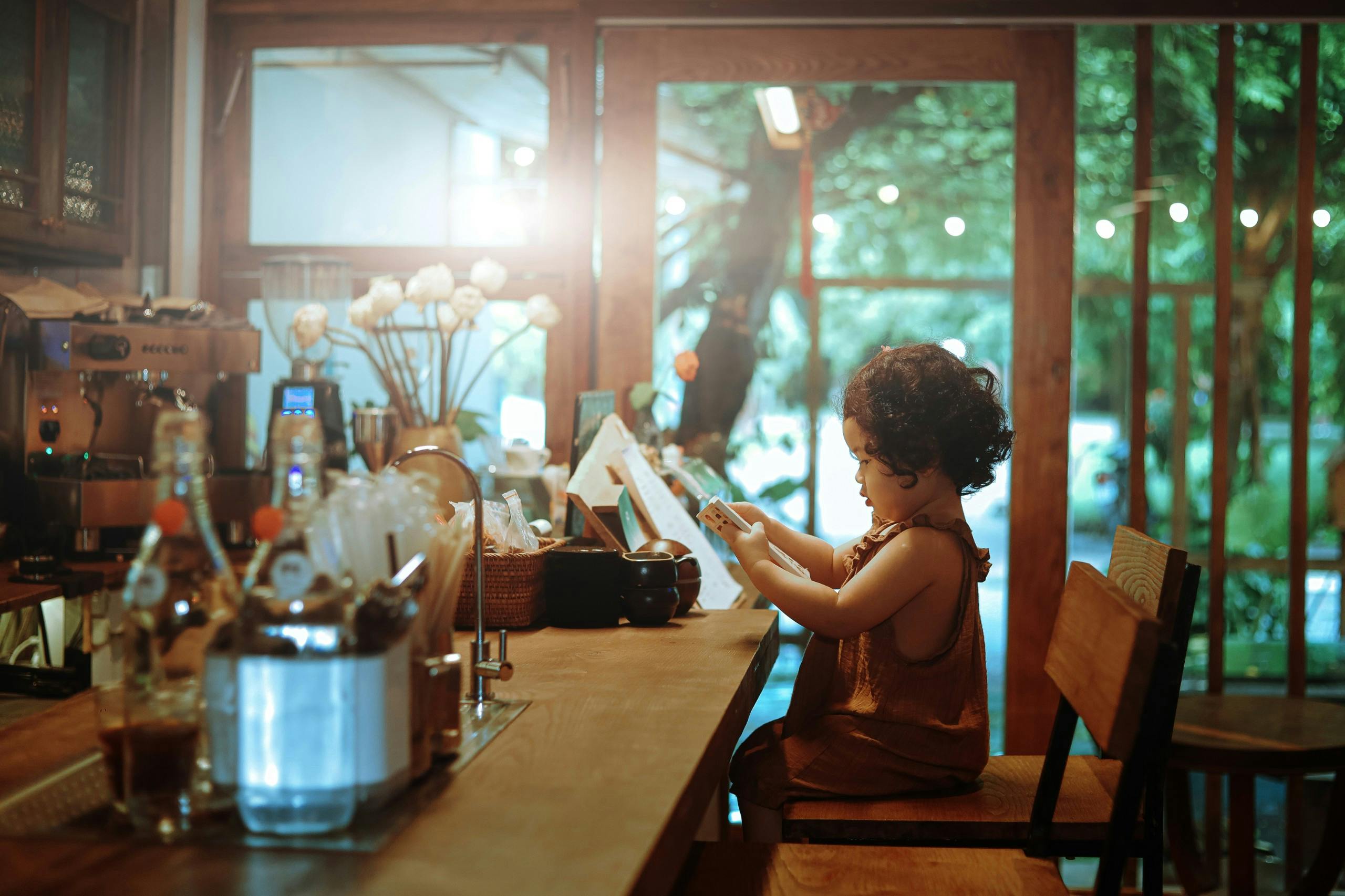Fostering Positive Behavior in Children When They Are Away from Home
Fostering positive behavior in children when they are away from home, whether in the car, at a restaurant, or in any other situation, can be a challenge for many parents. However, with a little planning and patience, it is possible to make these experiences enjoyable for the whole family. In this article, we will explore some tips to help children behave well outside the home.
1. Preventative Communication:
Communicating with children in advance is critical. Explain to them where you are going, how long the outing will last, and what they can expect. This helps children feel prepared and less anxious about going out.
2. Involvement of Children:
Involving children in decisions about the outing can make them more enthusiastic and engaged. For example, you might ask them if they would rather go to the park or the movies, or if they want to choose what to eat at a restaurant.
3. Bring Entertainment:
Bring along games, books, and puzzles. This can help keep them engaged during waiting or quiet times.
4. Meal Planning:
If you go to a restaurant, plan your meal to avoid long wait times. Choose less crowded times or make reservations in advance to reduce waiting time for children.
5. Healthy Snacks:
Bring along a healthy snack to keep children from becoming hungry and cranky. A full stomach can help keep their mood positive.
6. Clear Rules:
Before going out, set clear rules about the behavior expected of children. For example, you might explain that they must remain seated at restaurants or wear seat belts in the car.
7. Praise and Reward:
Acknowledge and praise your children’s positive behavior. You may also consider using a reward system to give them an incentive to behave well during the outing.
8. Keep Calm:
Although it may be difficult, try to remain calm if children become restless or disobedient. Yelling or getting nervous could make the situation worse. Instead, try to solve the problem with patience.
9. Timeout or Pause:
In extreme cases, if a child is exhibiting difficult behavior, you might consider a short timeout or pause. This can help the child calm down and reflect on their behavior.
10. Modeling Appropriate Behavior:
Children learn a lot by observing their parents’ behavior. Model appropriate behavior and show how to behave well outside the home.
In conclusion, getting children to behave well outside the home requires planning, communication, and patience. With proper preparation and a positive attitude, you can make these experiences enjoyable for the whole family. Remember that each child is a unique individual, so you may need to adapt strategies according to their needs and personalities.
Go to All Articles





